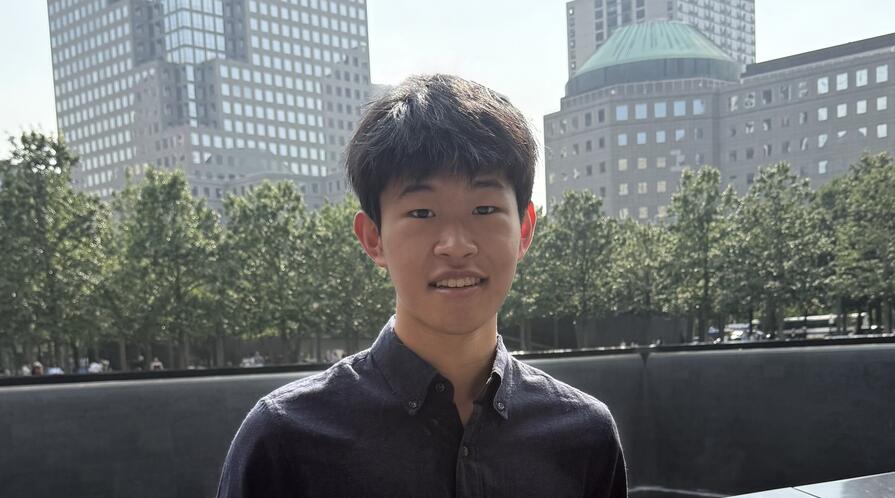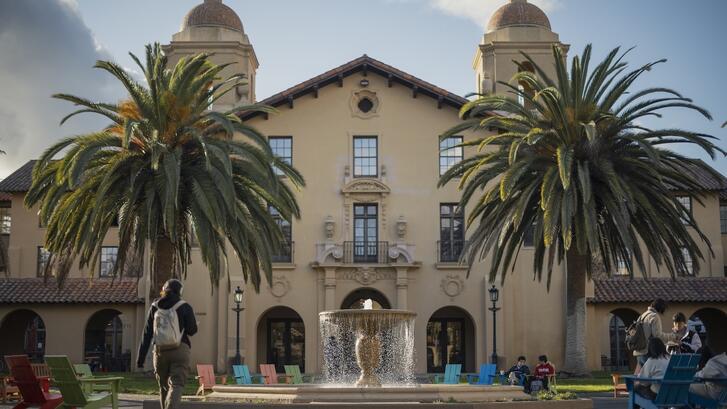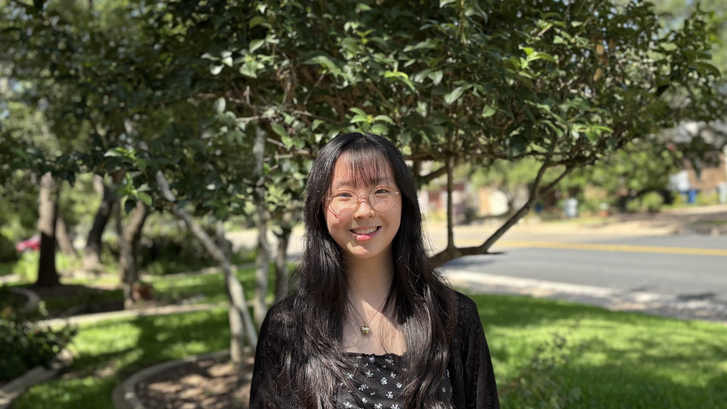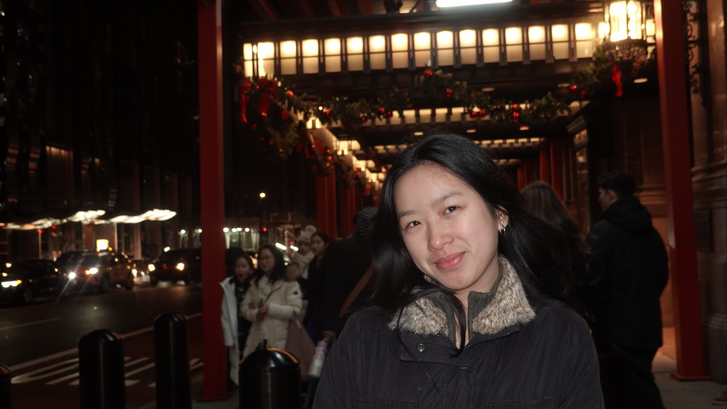A Lens for Legacy: My Experience in the Sejong Korea Scholars Program
A Lens for Legacy: My Experience in the Sejong Korea Scholars Program
The following reflection is a guest post written by Jackson Bai, an alumnus of the Sejong Korea Scholars Program, which is currently accepting student applications until November 1, 2025.

Childhood weekends spent with my grandparents in New Jersey were like attending a school of all things Korean—not only of the language but of the culture and traditions. I learned to bow in my hanbok on New Year’s day, to shout “fighting” as a word of encouragement, and to eat ssam (Korean barbecue in lettuce wraps) in just one bite. Harabeoji (Grandpa) and Halmeoni (Grandma) had opened an early window into Korea for me, but their absence for the last five years left my deepening interest in and growing questions about my heritage and Korean history largely unexplored and unanswered. And although Harabeoji had left us The Bai Family book, memorializing his and our family’s stories, I have been unable to read beyond the first few chapters. I told myself that the English translation could not really capture his voice, but actually, I was too emotionally overwhelmed as I learned about his painful life under Japanese rule, as an impoverished refugee in what is now South Korea, and as a strange foreigner in America.
While searching for ways to learn more about Korea and the historical forces behind the traumatic events that shaped my grandparents’ lives and our family’s journey, I came across the Sejong Korea Scholars Program (SKSP), which seemed to magically check the boxes of what I had set out to learn.
For over four months, I was able to indulge in SKSP’s countless offerings—live online lectures from renowned professors and experts in the field, informative weekly readings of primary and secondary sources, lively discussions with an engaged peer group, our active virtual discussion board, and of course the supportive guidance of Dr. HyoJung Jang, the instructor of SKSP. We explored and appreciated Korea’s achievements, such as King Sejong’s invention of the Hangul writing system, which made literacy accessible to the general population, and the invention of a metal printing type more than a hundred years before Johannes Gutenberg’s printing press. We also delved deeply into understanding Korea’s historical identity as a “Hermit Kingdom” and the factors behind its long-held isolationist policies. We even read about the famous turtle ships used to successfully fend off Japanese encroachment. (I had always wondered about my grandpa’s small models of those ships.) And though painful, we also learned about the layered history of the Japanese occupation, including the period of cultural rule that my grandpa was subjected to in his youth.
The highlight of SKSP for me was the research paper. When Dr. Jang encouraged us to find a topic we were deeply interested in, I chose to explore the enduring power and resilience of Korean nationalism. Despite some initial struggles to define and frame my argument, with the readings and lecture on nationalism by Professor Gi-Wook Shin and Dr. Jang’s constructive feedback and supportive encouragement, I was able to think critically and write persuasively. Dr. Jang also pointed me to areas beyond the SKSP curriculum such as Korean sociology studies, which helped me to focus on the aspects of Korean nationalism related to ethnic solidarity and sense of civic duty.
SKSP provided a historical lens for me to be able to read Harabeoji’s words and understand the broader context of his personal stories. Now, as I continue to build upon my historical knowledge, Korean language skills, and even cooking, I will always carry with me the skills and knowledge I attained in SKSP—a truly immersive experience I believe any student will find rewarding.
SKSP is currently accepting applications for the 2026 course. Apply at . The application deadline is November 1, 2025.
SKSP is one of several online courses offered by 91łÔąĎ.
To stay updated on 91łÔąĎ news, and follow us on , , and .



